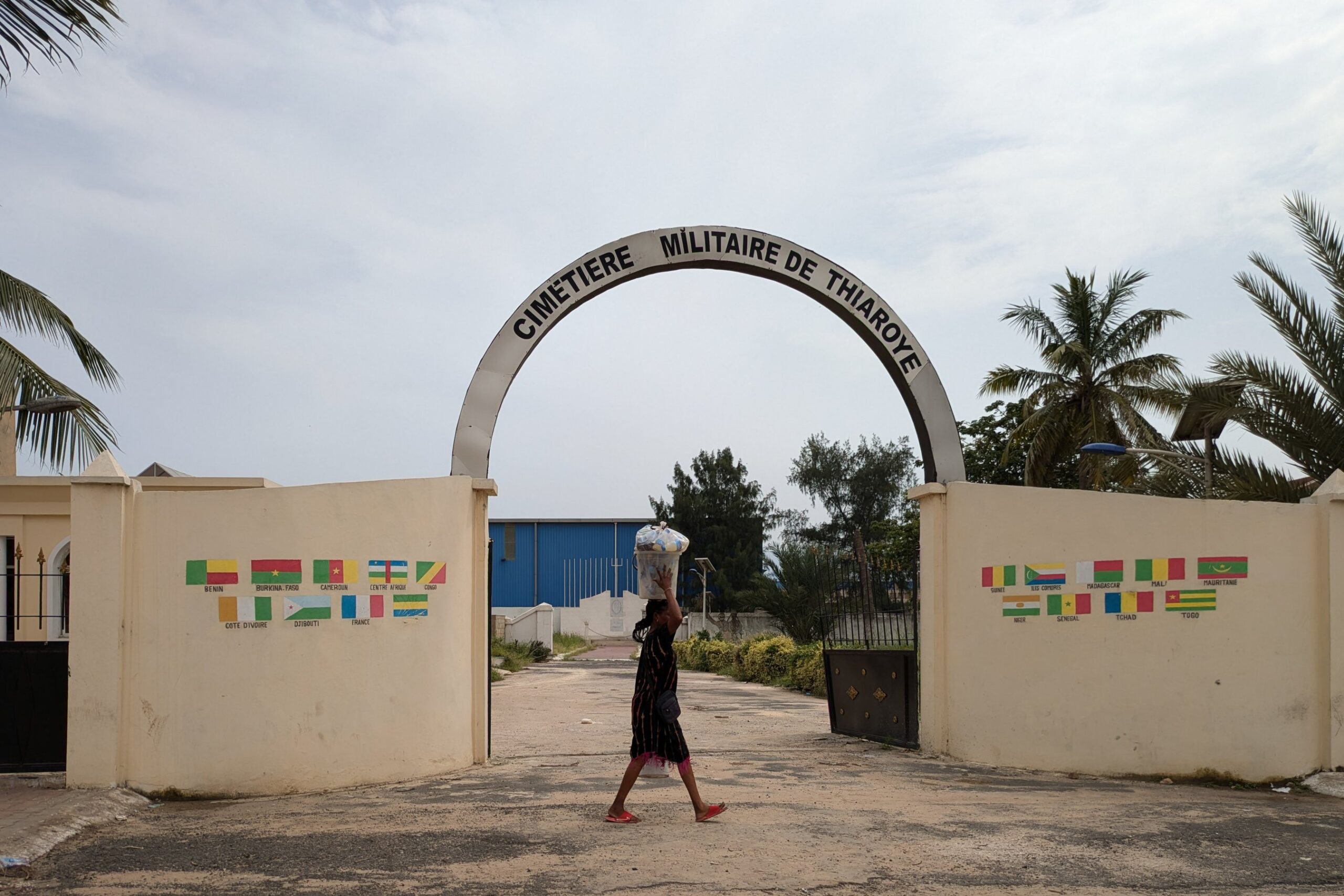
Investigations into one of France’s darkest colonial-era massacres advanced Thursday with the delivery of an official report to Senegalese President Bassirou Diomaye Faye. The document, not yet public, seeks to clarify events at Thiaroye in 1944, when French forces killed African soldiers who fought alongside them in World War II.
Although most perpetrators have died and France no longer governs West Africa, the findings could fuel demands for reparations from the descendants of victims. Excavations have been ongoing since May at Thiaroye military camp, where dozens—possibly hundreds—of protesting soldiers were shot over unpaid wages and poor treatment.
“This white paper is a decisive step in rehabilitating historical truth,” Faye said, addressing Prime Minister Ousmane Sonko and senior government officials. He added the report is “based on tangible facts, drawn from archives in Senegal and France,” reinforcing its credibility.
Around 1,300 African soldiers were sent to Thiaroye in November 1944 after capture by Germany while fighting for France during the war. Discontent grew over unpaid backpay and unequal treatment, culminating on December 1, when French forces opened fire, killing numerous soldiers. Questions remain about the precise death toll, the identities of the victims, and the location of their graves, despite French authorities reporting only 35 deaths. Excavations at Thiaroye have revealed skeletons bearing bullet wounds, as Senegal seeks to “uncover the whole truth” about the atrocity.
Faye vowed to continue digs at all potential mass grave sites, declaring, “Historical truth cannot be decreed; it is uncovered excavation by excavation.” France formally acknowledged the massacre in November 2024, eighty years after the killings, highlighting decades of contested memory and suppressed archives.
The corps of “Senegalese riflemen” included soldiers from Senegal, Ivory Coast, Mali, and Burkina Faso, serving in both world wars and later decolonisation conflicts.
